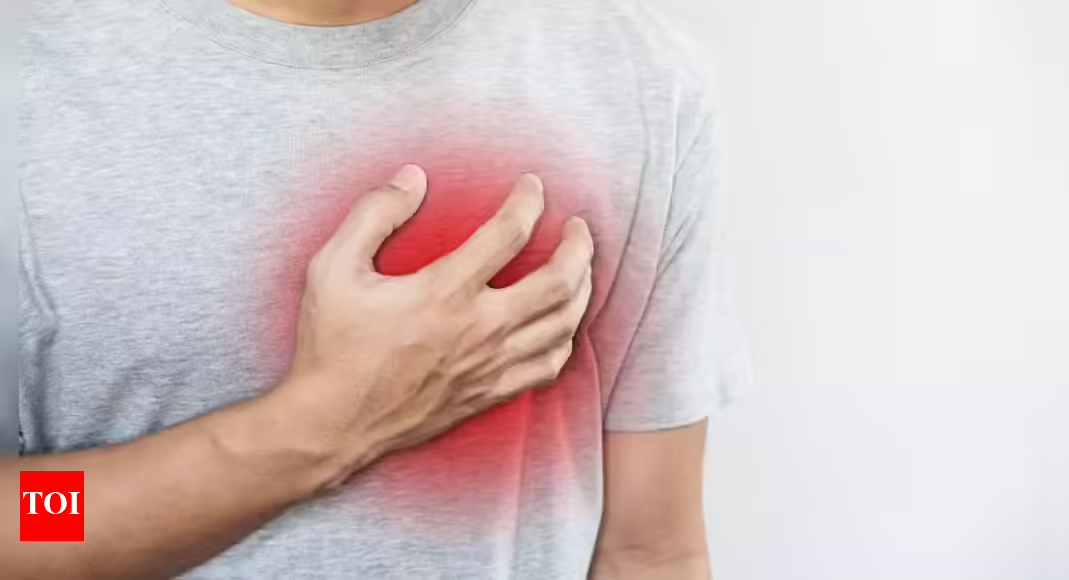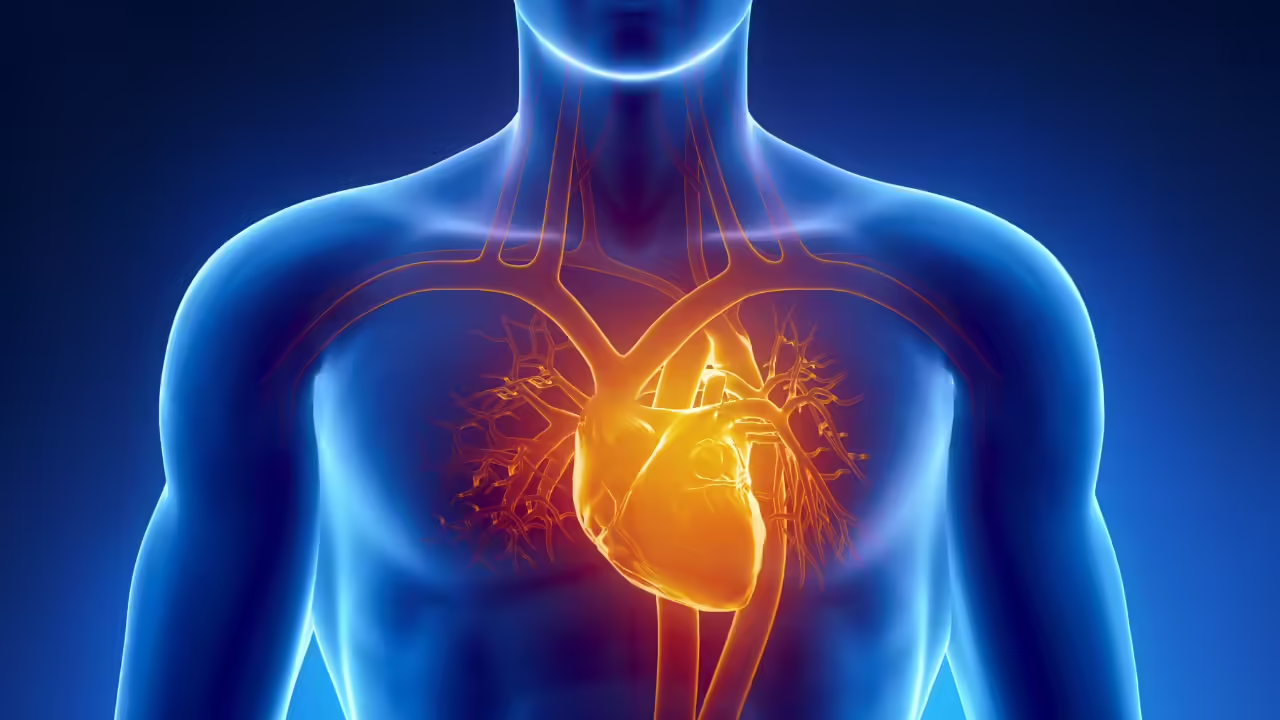Surviving a Heart Attack Alone: Essential Steps for Immediate Action
Heart attacks are a leading health crisis worldwide, and facing one alone can be terrifying. But knowing how to react can significantly boost your odds of surviving such an emergency. In countries like India, where cardiovascular diseases rank high among mortality causes, preparedness isn’t just wise—it’s vital.
Recognizing the Signs of a Heart Attack
Understanding heart attack symptoms is your first line of defense. Common indicators include:
- Chest Pain or Tightness: A feeling of pressure that may feel like squeezing or fullness.
- Radiating Pain: Discomfort that travels to the neck, back, jaw, or even the stomach.
- Shortness of Breath: An overwhelming sensation of being unable to catch your breath.
- Cold Sweat or Nausea: Accompanying symptoms might include sweating, dizziness, or light-headedness.
Interestingly, women may experience more subtle signals, such as unusual fatigue or mild nausea, so staying vigilant is crucial. If you suspect a heart attack—regardless of symptom severity—don’t hesitate to call for help.
Immediate Steps to Take If You’re Alone
If you find yourself experiencing a heart attack alone, follow these steps to maximize your chances of survival:
- Call Emergency Services: Reach out to your local emergency number immediately.
- Take Aspirin: If not allergic, chew an aspirin to thin your blood and reduce heart damage.
- Stay Calm: Sit down comfortably and try to keep yourself relaxed to minimize strain on your heart.
- Elevate Your Legs: This can help improve blood circulation.
- Prepare for Help: Unlatch doors to grant quick access to responders.
- Avoid Driving: Don’t attempt to drive yourself to medical care—wait for trained professionals.
How to Assist Someone Experiencing a Heart Attack Alone
If you’re with someone who may be having a heart attack, encourage them to call emergency services or do it for them if they can’t. Offering aspirin and keeping them calm are critical during this high-stress time.
Preventive Measures for Heart Health
While not every heart attack is preventable, adopting a healthier lifestyle can significantly lower risks.
- Balanced Diet: Focus on whole foods packed with nutrients.
- Regular Exercise: Aim for 30 minutes of moderate activity most days.
- Stress Management: Practices like yoga and meditation can have lasting benefits.
- Regular Health Check-ups: Monitor your blood pressure, cholesterol, and blood sugar.
Final Thoughts: Be Prepared, Stay Informed
Understanding the symptoms of a heart attack and knowing how to respond can be the key to survival. Preparedness is crucial—keep emergency contacts handy and familiarize yourself with first-aid steps. Your heart health is in your hands.
In an era where knowledge can save lives, equipping yourself with information about heart attacks may very well be a lifesaver. Prioritize your health, stay informed, and be proactive—for you and your loved ones.
“Original article: https://timesofindia.indiatimes.com/life-style/health-fitness/health-news/how-to-survive-a-heart-attack-alone-essential-steps-to-take-immediately/articleshow/124524570.cms“




